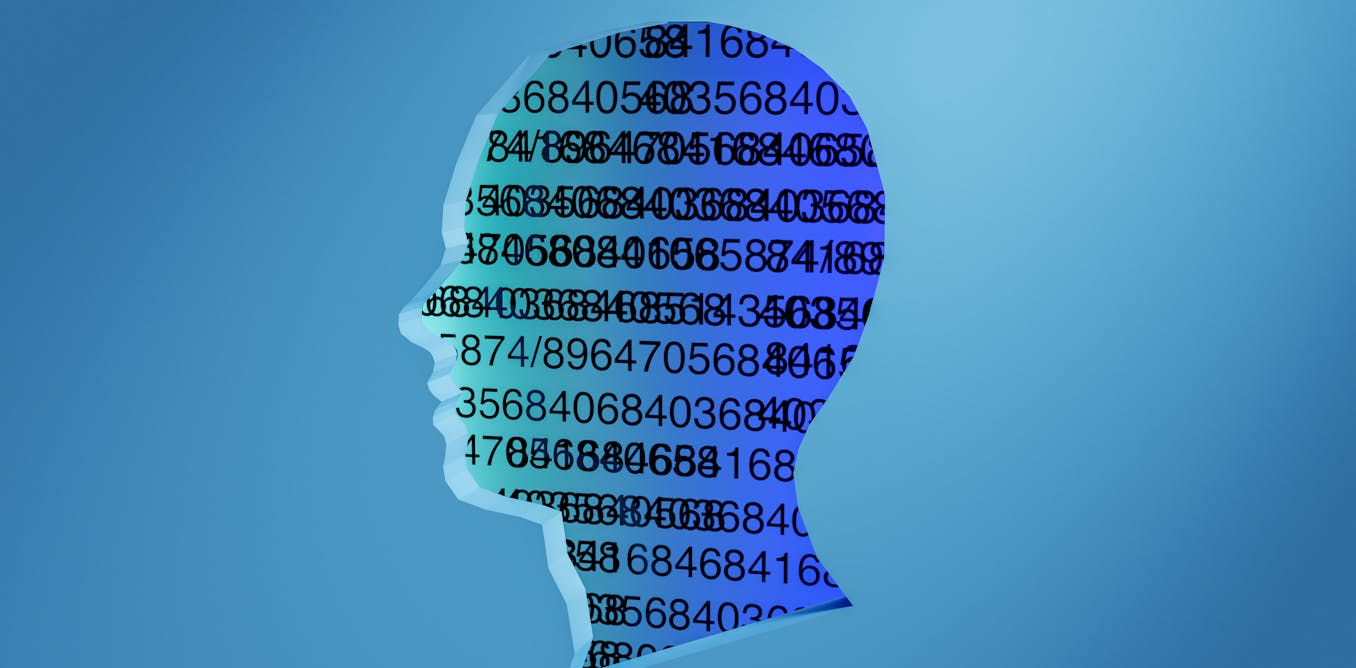Brains are bad at big numbers, making it impossible to grasp what a million COVID-19 deaths really means
The brain can count small numbers or compare large ones. But it struggles to understand the value of a single large number. This fact may be influencing how people react to numbers about the pandemic.
Elizabeth Y. Toomarian, Director, Brainwave Learning Center, Synapse School & Research Associate, Stanford University •
conversation
March 31, 2022 • ~7 min
March 31, 2022 • ~7 min
An emphasis on brilliance creates a toxic, dog-eat-dog workplace atmosphere that discourages women
A focus on raw intellectual talent may unintentionally create a cutthroat workplace culture. New research suggests women’s preference to avoid that environment may contribute to gender gaps in some fields.
Andrea Vial, Assistant Professor of Psychology, New York University Abu Dhabi •
conversation
March 23, 2022 • ~6 min
March 23, 2022 • ~6 min
Pi day: a brief history of our fascination with this magical number, from pies to 'piems'
Pi has spawned its own literary style, where the number of letters in consecutive words is dictated by the decimal expansion of pi.
Ittay Weiss, Senior Lecturer in Mathematics, University of Portsmouth •
conversation
March 11, 2022 • ~6 min
March 11, 2022 • ~6 min
Women's History Month: 5 groundbreaking researchers who mapped the ocean floor, tested atomic theories, vanquished malaria and more
Discover the stories of five trailblazing women – Tharp, Nice, Tu, Noether and Wu – who worked in STEM during the 20th century.
Maggie Villiger, Senior Science + Technology Editor •
conversation
March 4, 2022 • ~7 min
March 4, 2022 • ~7 min
/
33










